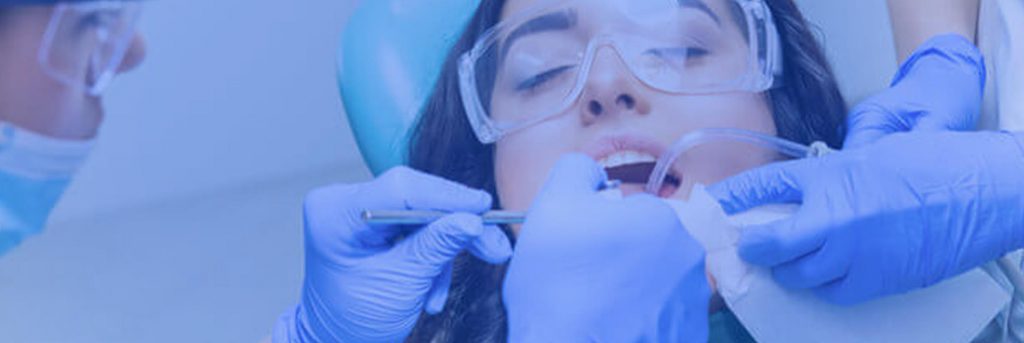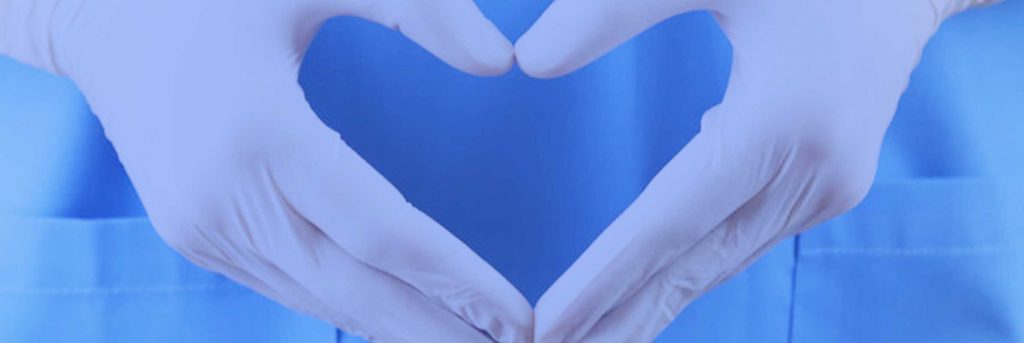
Blog
Burnout and Patient Safety
Posted in Company on May 27, 2020
by Michelle Strange, MSDH, RDH
A healthcare environment is a stressful place. Years and years of medical school and training, long work days, time constraints, emotional stressors, negative patient outcomes, rapidly developing diseases, and high-pressure emergency situations make being a medical professional one of the most challenging jobs. In the wake of a pandemic, it seems anxiety has reached a new level. It’s no wonder that the stress of being a dental professional tends to have negative impacts on both their personal and professional lives.
You can define professional burnout as “a special type of work-related stress, or a state of physical or emotional exhaustion that also involves a sense of reduced accomplishment and loss of personal identity.”
Unfortunately, dental workers are more prone to professional burnout, anxiety and depression because of the nature of their practice.1 These feelings can cause employees to experience lethargy and lowers their attention to detail, which can result in imperfect dental infection control and cause safety lapses for both clinicians and patients.
The problem with dental burnout is that it can harm patient safety. Health care professionals who feel emotionally exhausted raise the odds of unsafe care, unprofessional behavior, and low patient satisfaction. In fact, the odds for poor patient care double, and patients are three times more likely to give low satisfaction ratings when visiting healthcare professionals who suffer from burnout.
Although this is a common issue that healthcare professionals have to deal with, there are solutions to make sure that your office is not compromised and that you are providing the safest dentist visits possible. Dentistry after COVID-19 may have dental professionals second-guessing their infection control procedures coupled with the anxiety of contracting this novel virus or any future ones. Establishing stress management programs would be advantageous to help dental professionals cope with any fears that are compounding with the already established burnout. All dental offices should have stress management programs and do their best to accommodate the needs of their workers. Doing your best to promote the positive mental health of your dental staff is one of the best ways to ensure better health and safety for everyone. Though stress management programs may seem like fluff, in this systematic review of the literature, “courses based on mindfulness showed to be effective in improving healthcare workers’ well-being, increasing their quality of life and the productivity outcomes”. After all, when you feel your best, you can be your best for your patients while adapting to new concerns that may arise!
- “Stress and Professional Burnout Among Newly Graduated Dentists.” Nov.-Dec. 2016.https://www.ncbi.nlm.nih.gov/pmc/articles/PMC5184387/. Accessed 5 Mar. 2020.
- “Job Burnout: How to Spot It and Take Action” https://www.mayoclinic.org/healthy-lifestyle/adult-health/in-depth/burnout/art-20046642. Accessed 5 Mar. 2020.
- “How Does Provider Burnout Impact Patient Care Quality, Care Access?” 6 Sep. 2018. https://patientengagementhit.com/news/how-does-provider-burnout-impact-patient-care-quality-care-access. Accessed 5 Mar. 2020
- “Association Between Physician Burnout and Patient Safety, Professionalism, and Patient Satisfaction”. 4 Sep. 2018 https://jamanetwork.com/journals/jamainternalmedicine/article-abstract/2698144. Accessed 5 Mar. 2020
- “Work stress and occupational burnout among dental staff in a medical center”. Sep. 2019.https://www.ncbi.nlm.nih.gov/pmc/articles/PMC6739458/. Accessed 5 Mar. 2020
- “Stress management interventions among healthcare workers ….” 30 Jun. 2018, https://sensesandsciences.com/index.php/Senses/article/view/138. Accessed 13 Apr. 2020

Read Next:
Infection Control Isn’t Only About You; It’s About the Patients
by Michelle Strange, MSDH, RDH In any profession, it is not unusual to hear things like “I have done this for 17 years, and I haven’t had any problems. Why change now?” W…


 Contact
Contact